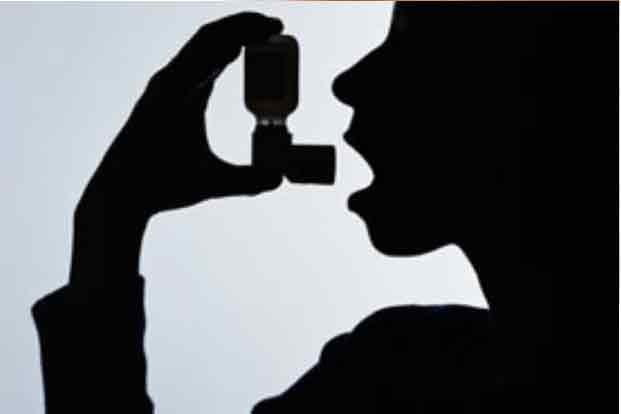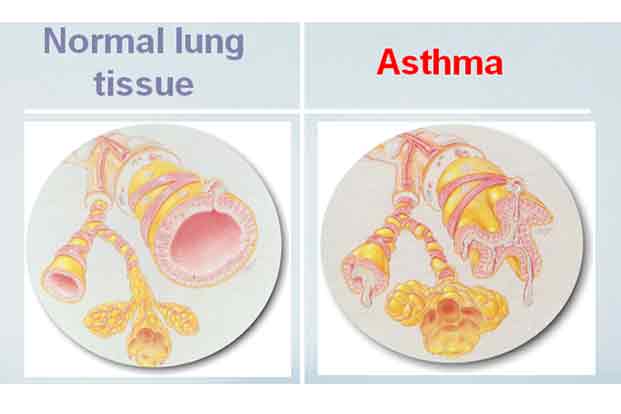Categories
- Bariatric Surgery (11)
- Black Fungus (5)
- Bone Marrow transplant (3)
- Brain Tumor Surgery Navigation Technology (20)
- Cardiac Surgery (66)
- Cardiology (97)
- Computer navigation technology for joint replacements (20)
- Covid Vaccination (17)
- Critical Care (2)
- Dental (19)
- Dermatology (31)
- Dialysis Support Group - “UTSAAH” (11)
- Dietitian (33)
- Emergency Medicine (4)
- Emotional Health (11)
- Endocrinology (33)
- ENT (20)
- Gastroenterology and GI Surgery (53)
- General and Laparoscopic Surgery (21)
- General Surgery (4)
- Gynecology & Obstetrics (183)
- Hematology (20)
- Internal Medicine (294)
- Kidney Transplant (50)
- Kidney Transplantation (20)
- Lung Cancer (8)
- Minimal Invasive Surgery (1)
- Mother & Child (20)
- mucormycosis (5)
- Nephrology (61)
- Neurology (147)
- Neurosurgery (68)
- Nutrition and Dietetics (107)
- Omicron Variant (1)
- Oncology (288)
- Ophthalmology (10)
- Orthopaedics & Joint Replacement (86)
- Paediatrics (59)
- Pediatric Nephrology (3)
- Physiotherapy (5)
- Plastic & Reconstructive Surgery (6)
- Psychiatry and Psychology (90)
- Psychologist (28)
- Pulmonology (72)
- Rheumatology (13)
- Spine Services (21)
- Transradial Angioplasty (16)
- Urology (84)
Query Form
Posted on Apr 19, 2022
I Have Shortness of Breath, Is It Asthma?
Feeling short of breath can be an uncomfortable or frightening experience. The medical term for shortness of breath is dyspnea. This can start suddenly, over minutes to hours. It can also happen over a longer period of time, from weeks to months. It can be caused by problems with the lungs or with the heart, or by a low blood count, but its specific cause can sometimes take a while to pinpoint.

Many cases of shortness of breath have a simple underlying cause such as respiratory tract infections or allergies.
Reasons for shortness of breath:
Different medical conditions can cause shortness of breath.
Acute: The most common causes of shortness of breath that starts suddenly are:
- Lung diseases, such as asthma, infections, or blood clots.
- Heart diseases, such as a heart attack or heart failure
- A severe allergic reaction, called “anaphylaxis”.
- Pregnancy – It can be normal for pregnant women to feel slightly short of breath just after they lie down or are active.
Chronic: The most common causes of shortness of breath that happens over weeks to months are:
- Lung diseases, such as asthma or chronic obstructive pulmonary disease (COPD) – Both of these conditions can make it hard to breathe. COPD is usually caused by smoking.
- Heart diseases, such as heart failure or a change in the size and shape of the heart (called cardiomyopathy)
- Being overweight
Identification of the underlying cause of shortness of breath:
The doctor can get information about your condition by listening to the description of the problem, and by asking about any other symptoms that may have occurred.
Lung examination—the doctor will listen for wheezing, decreased breath sounds, and disturbed airflow. Sometimes persons with asthma will also have pneumonia (infection of lung), a cold, bronchitis, or other lung problems that make their asthma symptoms worse.
Tests —
Following tests may help to help diagnose the problem:
- Blood test can help in identifying anaemia- a condition that affects the blood’s ability to carry oxygen.
- Chest x-ray can help in identifying pneumonia, or lung inflammation or scarring.
- ECG is a test of heart muscle that looks for signs of a heart attack.
- A simple test called oximetry helps to measure the amount of oxygen in blood.
- Spirometry can be used to measure the amount of air lungs can hold and how effectively lungs can empty and fill with air. This test can also indicate asthma or emphysema.



